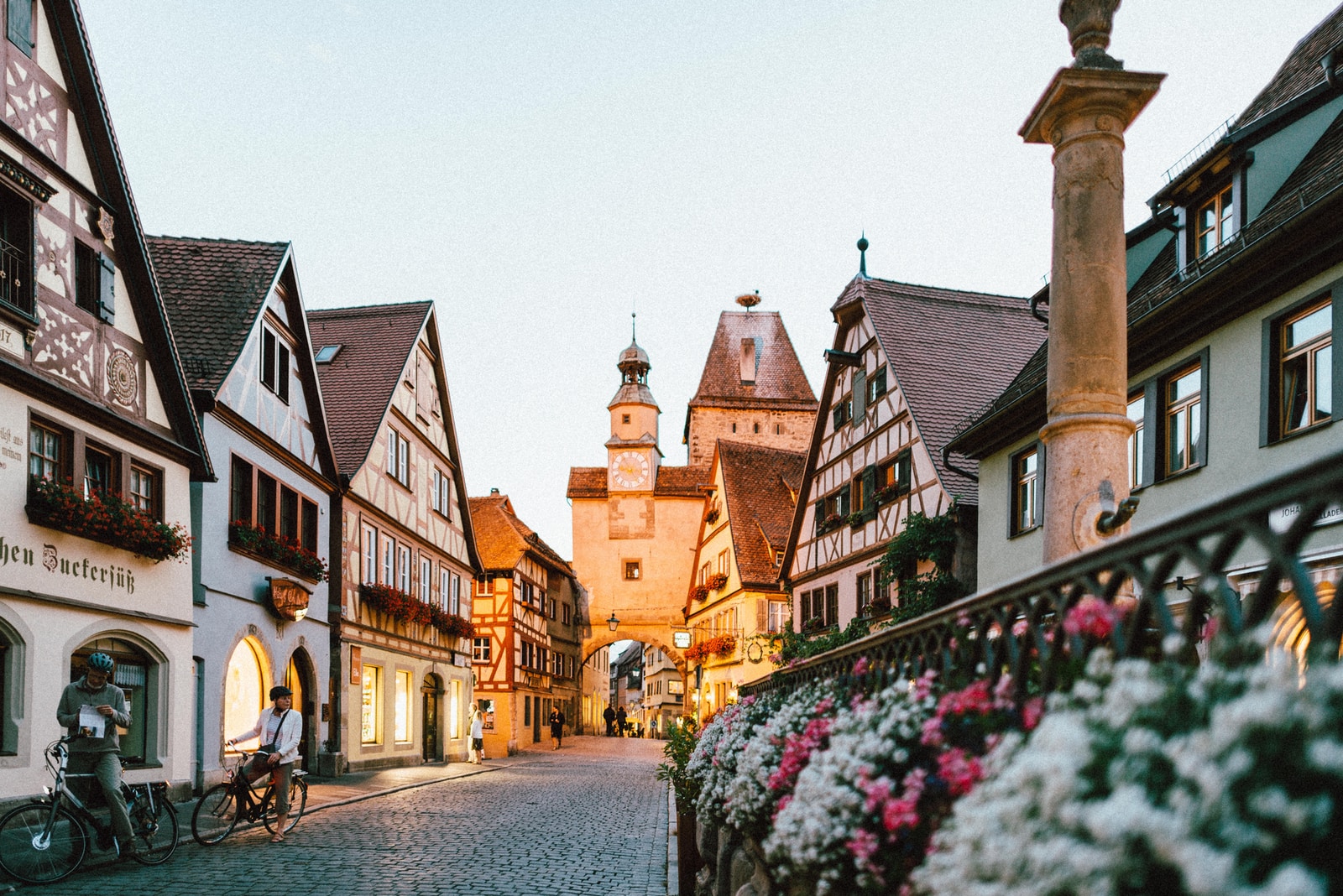Germany, known for its rich history, vibrant culture, and high quality of life, has become a popular destination for expatriates seeking new opportunities. From its bustling cities to picturesque countryside, Germany offers a diverse and welcoming environment. This guide provides essential information and practical tips to help expats settle into their new life in Germany smoothly.
1. Navigating the Bureaucracy
Residency and Work Permits
One of the first steps for expats moving to Germany is securing the appropriate residency and work permits. Depending on your nationality and the purpose of your stay, you may need a visa. EU citizens have fewer restrictions, while non-EU citizens will typically need a residence permit. It’s advisable to visit the German embassy or consulate in your home country for detailed information on visa requirements and application procedures.
Registering Your Residence
Upon arrival in Germany, you are required to register your address at the local registration office (Bürgeramt) within two weeks. This registration, known as “Anmeldung,” is crucial for accessing various services, including opening a bank account and obtaining a tax ID. Make sure to bring your passport, rental agreement, and completed registration forms.
2. Understanding the Healthcare System
Health Insurance Requirements
Germany’s healthcare system is known for its efficiency and comprehensive coverage. Health insurance is mandatory for all residents, including expatriates. You can choose between public health insurance (Gesetzliche Krankenversicherung) and private health insurance (Private Krankenversicherung). Public insurance is generally recommended for expats due to its wide coverage and lower cost, but private insurance might offer more extensive benefits.
Finding Healthcare Providers
Once insured, you can choose from a wide range of healthcare providers. It’s a good idea to find a local general practitioner (Hausarzt) who can serve as your primary care doctor. You can also seek recommendations from fellow expats or consult online reviews to find reputable doctors and specialists.
3. Adapting to German Culture and Lifestyle
Language and Communication
While many Germans speak English, learning German is highly beneficial for integrating into the local community and enhancing your daily life. Enroll in a language course or use language-learning apps to improve your German skills. Understanding the language will help you navigate everyday situations, build relationships, and appreciate German culture more fully.
Social Norms and Etiquette
German culture values punctuality, direct communication, and respect for personal space. It’s customary to be on time for appointments and social gatherings. Additionally, Germans tend to be straightforward in their interactions, so be prepared for honest and clear communication. Understanding and adapting to these social norms will help you integrate more smoothly into German society.
4. Managing Finances and Daily Life
Banking and Currency
Germany uses the Euro (€) as its currency. To manage your finances effectively, open a local bank account. This will facilitate transactions, salary deposits, and bill payments. Most banks offer online banking services, which can simplify money management. Be sure to compare fees and services when choosing a bank to find one that suits your needs.
Cost of Living and Housing
The cost of living in Germany varies depending on the city or region. Major cities like Munich and Frankfurt tend to be more expensive, while smaller towns and rural areas offer more affordable options. Housing can also vary significantly in price and availability. Research different neighborhoods and housing options to find the best fit for your budget and lifestyle.
5. Exploring Germany: Travel and Leisure
Travel Opportunities
Germany boasts an extensive public transportation network, making it easy to explore both urban and rural areas. Take advantage of regional trains, buses, and trams to visit nearby cities and attractions. From the historic castles of Bavaria to the cultural hubs of Berlin and Hamburg, there is no shortage of places to discover.
Recreational Activities
Germany offers a wide range of recreational activities for all interests. Enjoy outdoor activities like hiking and cycling in the Alps or explore the country’s numerous parks and forests. Cultural enthusiasts can visit museums, theaters, and music festivals. Engaging in local hobbies and activities is a great way to meet new people and immerse yourself in German culture.
Living in Germany as an expat can be an enriching and rewarding experience. By understanding the bureaucratic processes, adapting to local customs, and taking advantage of the country’s amenities, you can make a smooth transition and enjoy all that Germany has to offer. Embrace the opportunities for personal and professional growth, and soon you’ll find yourself feeling right at home in your new German surroundings.
